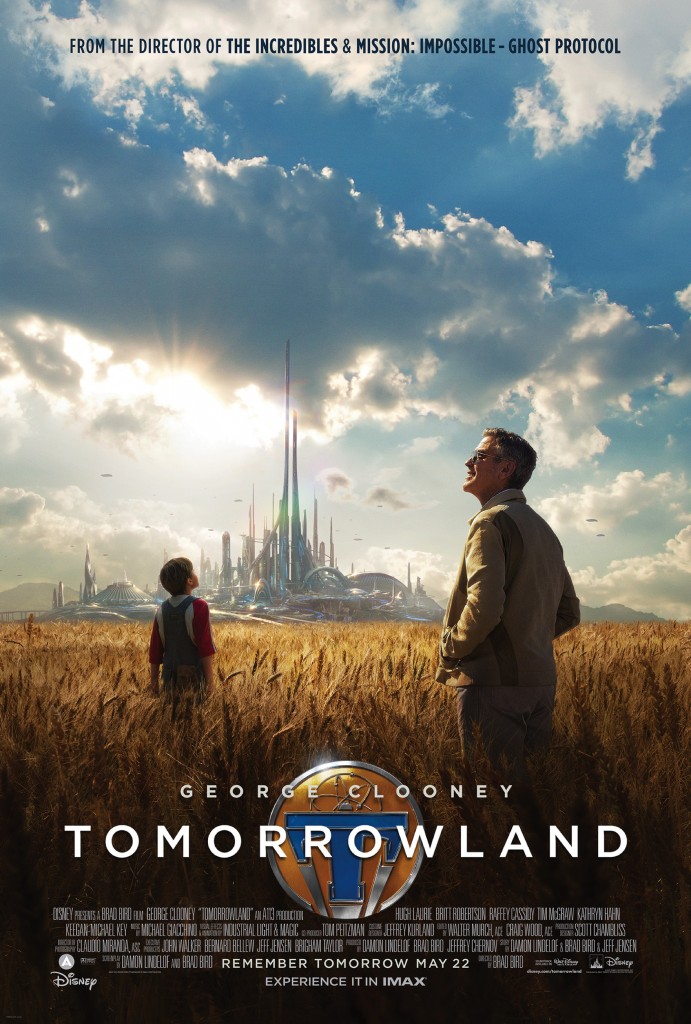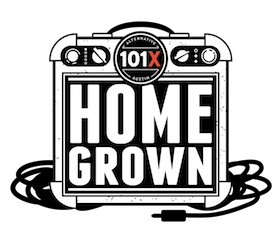Movie Breakdown: Tomorrowland
People are doing traditional-style reviews all over the web, so we decided to try something different. In each “breakdown” we’ll take a look at what a film’s marketing led us to believe, how the movie actually played, and then what we learned from it all. Read on!
The Impression:
Brad Bird doesn’t make bad movies, so everyone is down for Tomorrowland because they should be. The trailers have made the film seem like it will be a wondrous adventure.
The Reality:
Tomorrowland is a tricky film. I think that if you look at it as something that’s only for kids, it mostly works well. The story itself is kind of all over the place and not consistently entertaining, but the visuals are stunning and the main message that the film carries, which is to dream big and know that you can make the world a better place, is as positive as can be. How inspiring, right? The kids that are able to navigate the clunky narrative of Tomorrowland will get all excited, then they’ll slap on their imagination hats and make everything better. I dig it.
However, what I refuse to dig is the shame that gets tossed at adults by Brad Bird (and co-writers Damon Lindelof and Jeff Jensen) in Tomorrowland. In particular, there’s a poorly written monologue that essentially blames the world’s problems on those who engage in things like playing video games and/or watching violent movies. No thanks. That’s just silly and insulting. Also, I think I’ll pass on the contradicting idea that we should all live and dream without boundaries, but only as long as we do so in a certain way.
Overall, Tomorrowland is shiny film with a heavy handed (and misguided, depending on what side of age 12 you’re standing on) message. If you have kids, you could let them watch much worse. If you don’t have kids, I say give Bird the bird and go see Mad Max: Fury Road again.
The Lesson:
Can’t win ’em all.


